As educators, we often find that many of our students are immediately intimidated and fearful of diving into poetry. As both a poet and male educator of color, I stand behind my stance that poetry is universal, intricate, intimate, and even liberating. The late bell hooks stated “Poetry sustains life. Of this I am certain. There is no doubt in my mind that the pain of poverty, whether material or emotional lack, can be eased by the power of language. I know this intimately.” When I think of my relationship with poetry, this quote captures my feelings wholeheartedly.
Throughout my childhood, writing poetry started off as a hobby that ended up being a source of comfort, healing, and restoration when I lost my grandfather a decade ago. Never taken a class or received any formal training, I’ve always picked up the pen and let it guide me, no matter where or how deep into my emotions. Books and the use of words taught me how to grasp what I feel on a daily basis, whether that be a spectrum of emotions or even working through my grief as I processed my loss. Now, as a man in his thirties, I look for work that speaks to and frees my younger self, shedding light on a narrative that I have yet to share with the world. When it comes to the classroom as a doctoral student and adjunct professor in English Education, I wanted to find work that encouraged my Master Level students, specially those of color, to embrace and both honor their origins.
There is immense power behind sharing our authentic selves, and that is one of the many things I have learned from Brooklyn Poet’s own immaculate Kyle Liang and his work. Kyle Liang is the son of Taiwanese and Malaysian immigrants. He is the author of the chapbook HOW TO BUILD A HOUSE (winner of the 2017 Swan Scythe Press Chapbook Contest), and his debut full-length collection, GOOD SON, will be forthcoming from Sundress Publications in early 2024. Kyle’s work has appeared in Best of the Net, Asian American Writers’ Workshop’s The Margins, Glass: A Journal of Poetry, wildness, Diode and elsewhere. He is an adjunct professor at Quinnipiac University, a teacher for Brooklyn Poets, and a physician assistant in internal medicine at New York-Presbyterian/Weill Cornell. Kyle lives in New York City with his wife Morgan. In his first collection, How to Build A House, Liang takes the reader on an intimate journey with his poems, reminiscent of journal entries meant only for his eyes, we follow him as he speaks his truth unapologetically, leaving no stone unturned from start to finish. Beginning with our adolescent youth, if we begin to be more intentional with amplifying diverse voices, perspectives , and views on taboo subjects such as grief and trauma, we can begin to order our steps on the intentional journey towards healing.
How to Build a House is one of the most stellar debuts I’ve come across in the last twenty years. Adolescents everywhere need to hear his narrative. Kyle inspires and emboldens us to look inside ourselves, peel back our layers and excavate what truth lies at our cores. With poems such as “Reflux”, “An ABC in a Dim Sum Restaurant” and the haunting “Petrichor”, Kyle holds nothing back, letting his emotions and honesty take the reigns as we learn of his parents journey, his upbringing, and adolescent thoughts in retrospect. “Let the black crinkled bits hitchhike/on a passing breeze and spiral/ over the bright green grass/ where the bombs gave birth to you.” His words are one that leaves chills up your spine, brings comfort, healing, but also recognition, for if we don’t take a closer look at our scars, can we heal this dissolved nation?
Detailing the immigrant experience through pieces such as “A Tracing of Our Shoeless Feet” where he tugs at our heartstrings with the stanza, “I somehow always see my mom when she’s waiting at the bus stop in the ocean/ I watch the waves nearly toss her over before walking up and asking, Momma, don’t you know the bus don’t come down here anymore/ I forget she doesn’t know English too well so I paraphrase, Momma, not today/ Yet, I still stand next to her beside that metal sign and together we let the current push and pull our bodies dressed in soaking clothes/ The weight of water pulls our shoes off…
With the turn of each page, Kyle lays down a brick of new foundation cemented in honesty, excavation, and emancipation. Emulating poetry as architecture, with his work, his tone, his voice, and willingness to bear his soul, Kyle doesn’t just build a house in the sky by being vulnerable, he lays the foundation for a better world. One where marginalized voices, specifically where fellow young men of color, are free to unapologetically be themselves, on their respective journeys towards liberation. Awaiting the forthcoming GOOD SON, I have a feeling Kyle’s story is just beginning as he steps into his true power, voicing his deepest desires, passion, and fears. Regardless of where this journey takes him, one thing is for certain, is that he is a rarity and emblem of strength, courage, and truth. A bridge to liberation, and a personal beacon of light —one that has truly changed my life, for the better.
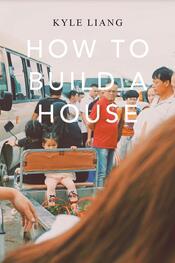
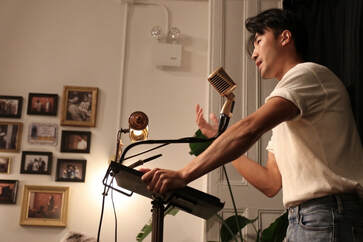
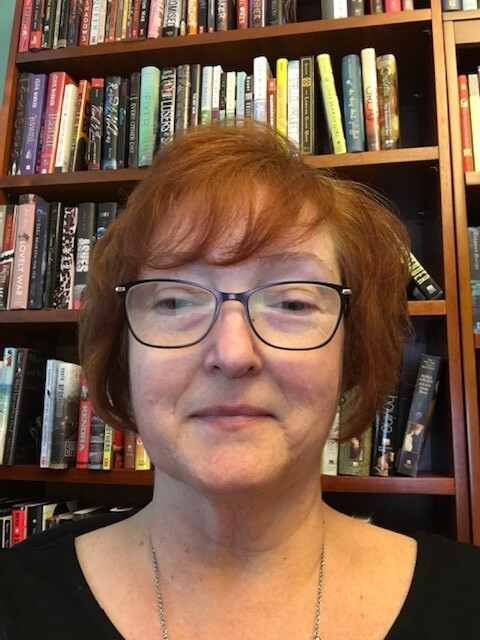
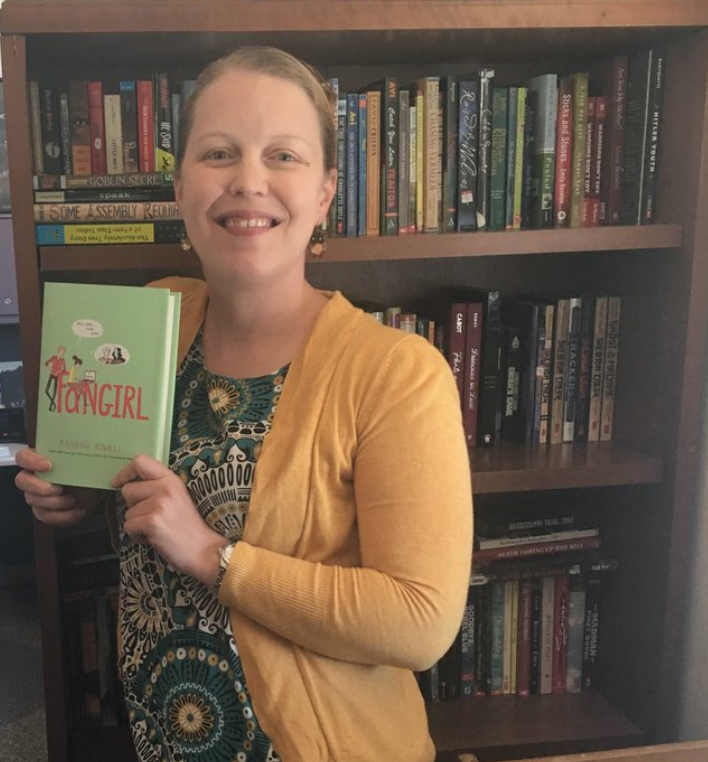
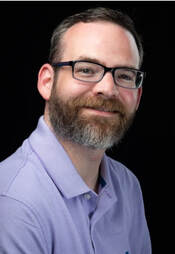
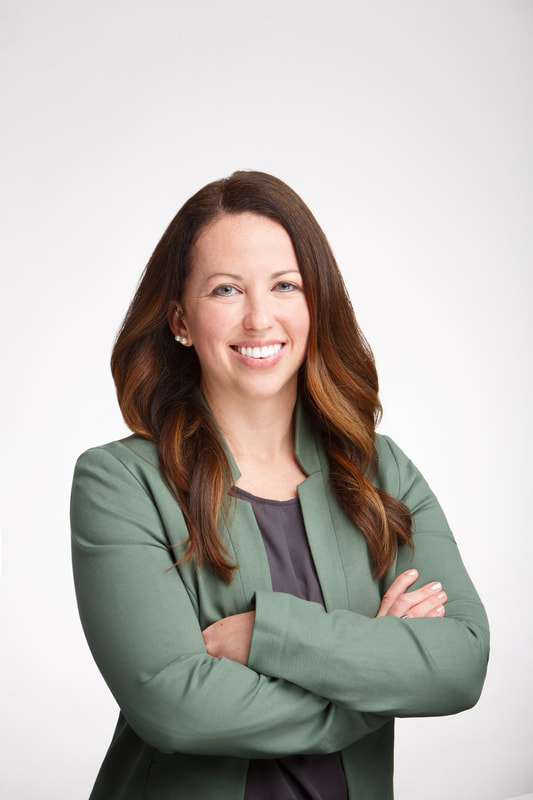
 RSS Feed
RSS Feed